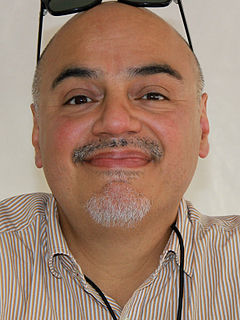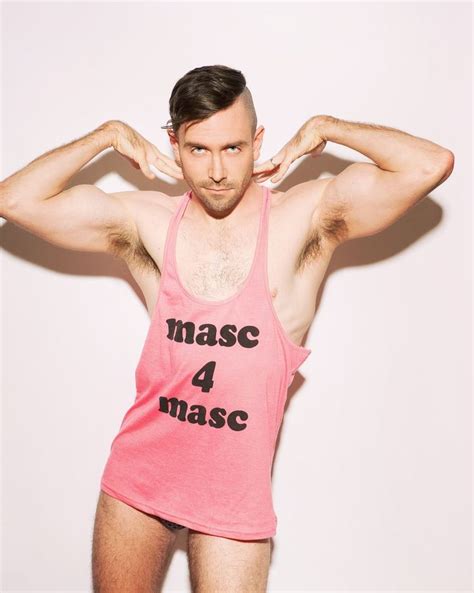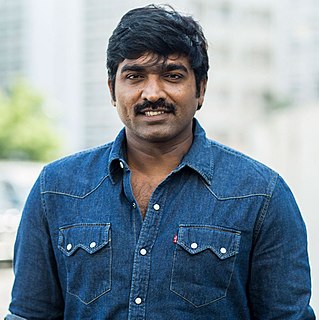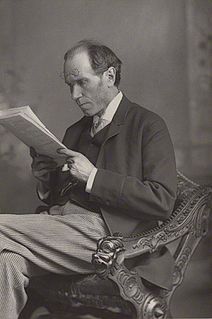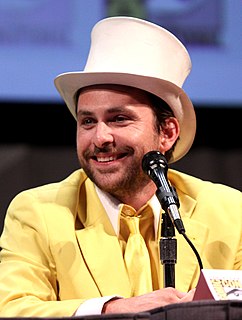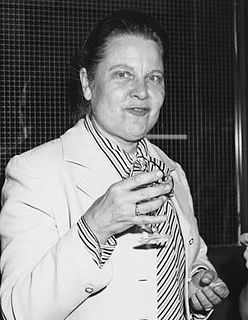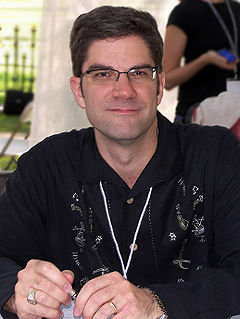A Quote by Pat Conroy
Anyone who knows me well must understand and be sympathetic to my genuine need to be my own greatest hero. It is not a flaw of character; it is a catastrophe.
Related Quotes
I must say Steven Spielberg was great to me, and I loved working with him. He called me up on the phone and was like, "I want you to be in this movie - 1941. There are a couple of parts. You can take whichever one you want. One of them is a main character who is involved in everything, and there's another character who has his own storyline and goes off on his own. He's probably the funnier, more unique character." I said, "Well let me do that second one."
You will be favourable to Burr, and so must fail because the American reader cannot bear a surprise. He knows that this is the greatest country on earth, Washington the greatest man that ever lived, Burr the wickedest, and evidence to the contrary is not admissible. That means no inconvenient facts, no new information. If you really want the reader's attention, you must flatter him. Make his prejudices your own. Tell him things he already knows. He will love your soundness.
Long ago I yearned to be a hero without knowing, in truth, what a hero was. Now, perhaps, I understand it a little better. A grower of turnips or a shaper of clay, a Commot farmer or a king--every man is a hero if he strives more for others than for himself alone. Once you told me that the seeking counts more than the finding. So, too, must the striving count more than the gain.
All I wanted was to live a life where I could be me, and be okay with that. I had no need for material possessions, money or even close friends with me on my journey. I never understood people very well anyway, and they never seemed to understand me very well either. All I wanted was my art and the chance to be the creator of my own world, my own reality. I wanted the open road and new beginnings every day.
It concerns me when I see a small child watching the hero shoot the villain on television. It is teaching the small child to believe that shooting people is heroic. The hero just did it and it was effective. It was acceptable and the hero was well thought of afterward. If enough of us find inner peace to affect the institution of television, the little child will see the hero transform the villain and bring him to a good life. He'll see the hero do something significant to serve fellow human beings. So little children will get the idea that if you want to be a hero you must help people.

